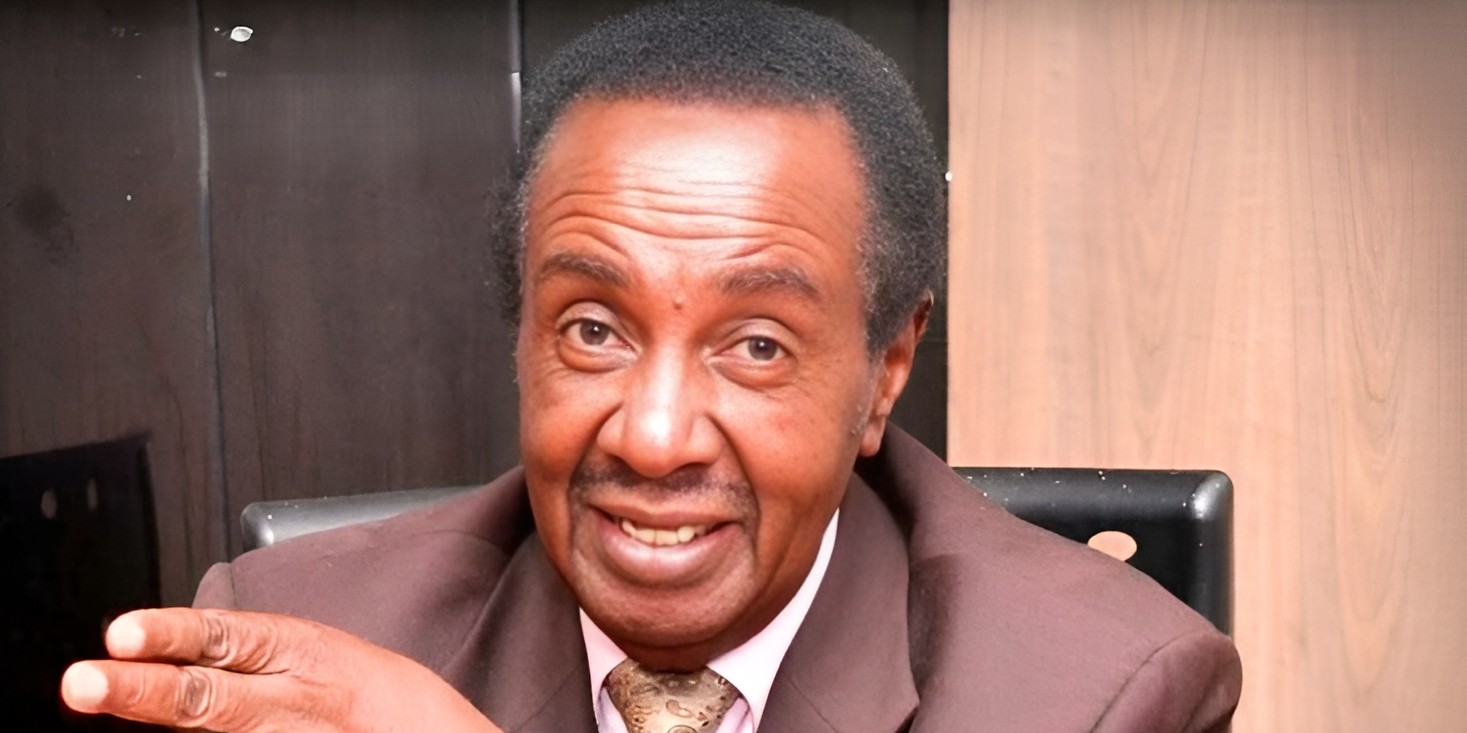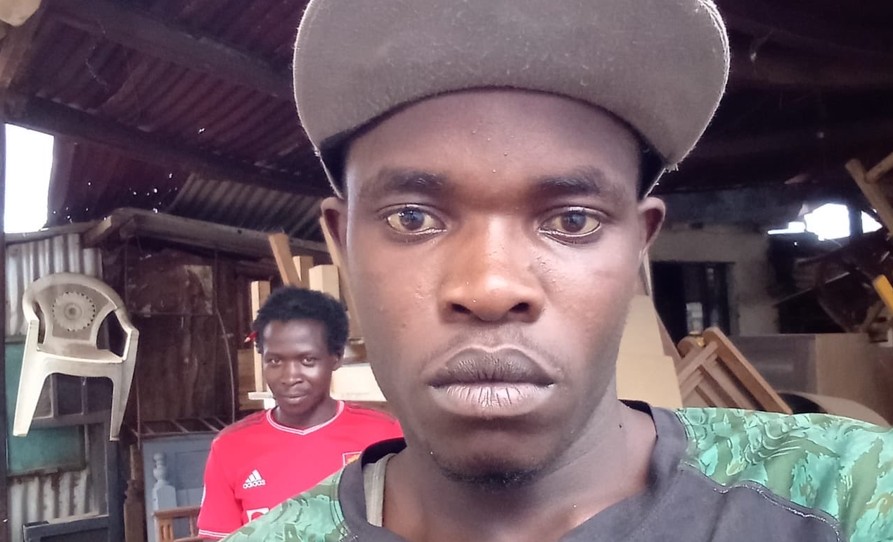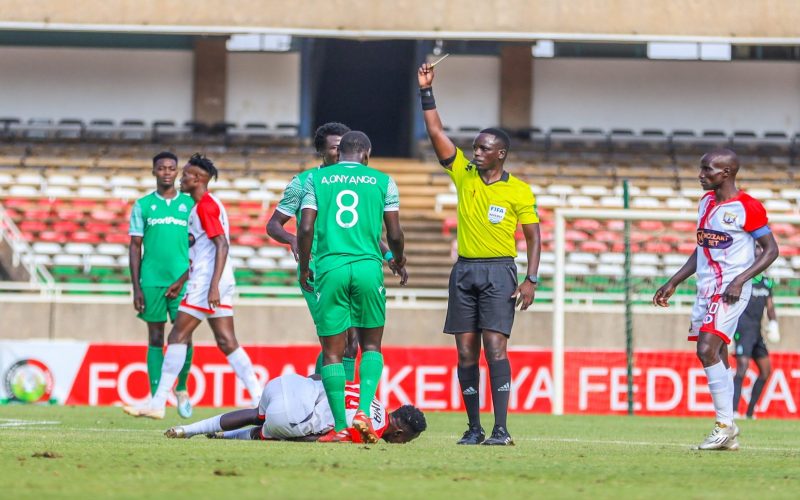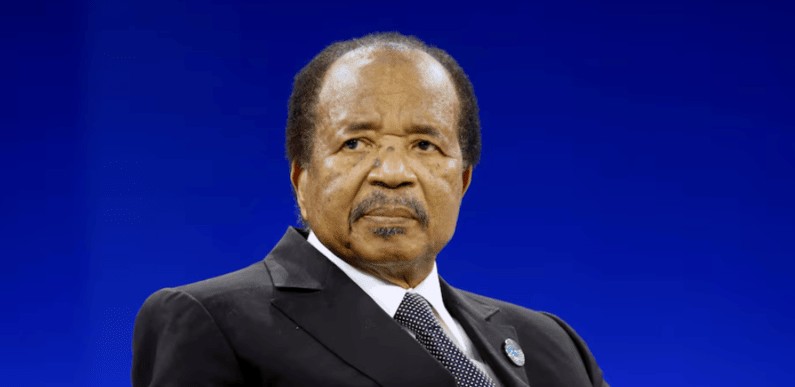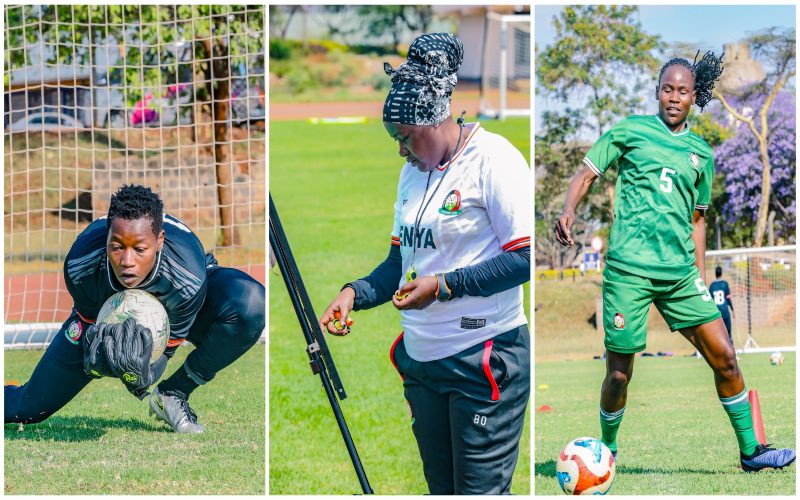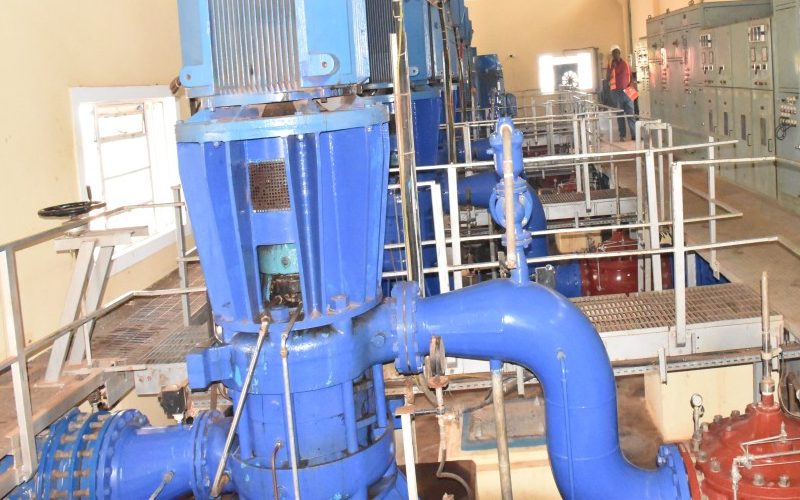Judiciary's funding slashed by 50 per cent over three years - CJ Koome
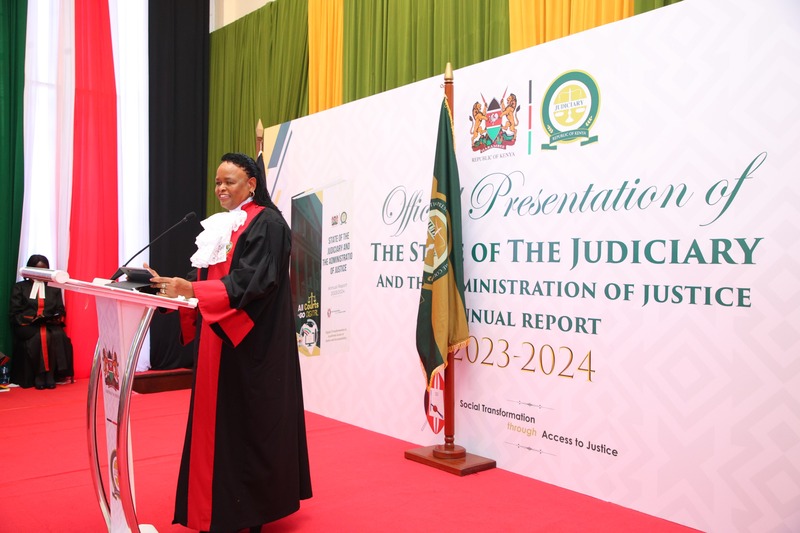
The Chief Justice reiterated the need for investments in court infrastructure, staff recruitment, and capacity building for law enforcement to ensure justice delivery is not compromised.
Chief Justice Martha Koome has raised concerns over the underfunding of Kenya's judiciary, revealing that the budget has been slashed by nearly 50 per cent over the last three financial years.
She warned that this persistent underfunding hampers the judiciary's ability to meet its growing demands and deliver justice effectively.
More To Read
- Lawyer sues Chief Justice Koome over delayed rollout of Small Claims Courts
- 129 judicial officers appointed as Small Claims Court adjudicators
- Rights groups welcome moving of Baby Pendo's case to Kisumu, push for speady prosecution
- High Court sides with DPP, quashes Magistrate's ruling in Sh112 million fraud case
- Court blocks JSC from acting on petition to remove Justice Sankale Ole Kantai
- Court dismisses petition on alleged discrimination in appellate appointments
Speaking during the launch of the State of the Judiciary and Administration of Justice Report 2023-2024 at the Milimani Law Courts on Friday, Koome highlighted that while the judiciary has achieved significant milestones, including a 99 per cent case clearance rate, these gains are overshadowed by financial constraints.
"We are doing our very best with very little resources to ensure we celebrate these gains. However, we must recognise the pressing need for further investment," Koome said.
The judiciary received Sh22.42 billion in the last financial year, far below its required Sh43.17 billion. The shortfall has had a ripple effect, impacting recruitment and operations.
For instance, the Court of Appeal currently operates with only 29 judges instead of the required 70. Koome noted that plans to recruit additional judges were shelved due to budgetary cuts.
Independence at risk
The underfunding issue has sparked warnings from stakeholders, who argue that the judiciary's independence could be compromised.
Law Society of Kenya (LSK) President Faith Odhiambo stressed the importance of adequately funding the judiciary to protect it from external influences.
"It's on this tenet that I continue to raise concern over the underfunding of the judiciary and the need to have a fully-fledged, optimized fund to ensure independence," Odhiambo stated.
Parliament and executive pledges
The Clerk of the National Assembly, Samuel Njoroge, representing both houses of Parliament, pledged support for addressing the funding gaps.
However, his speech also hinted at the interconnectedness of the branches of government.
"We'll continue being your partner and talk to whoever we need to talk to, to ensure the judiciary will not be subject to planned budget cuts. We also ask you to be nice to us too... nobody is independent; we are one," Njoroge said.
President William Ruto, speaking at a May event to swear in 20 new High Court judges, assured that his administration remains committed to supporting the judiciary.
"An effective and efficient judiciary is essential for Kenya's economy, security, and the citizens' rights and freedoms," he said.
The judiciary's budget for the upcoming financial year has been slightly increased to Sh.23.7 billion from Sh.22.8 billion, but it still falls short of the required allocation.
The Chief Justice reiterated the need for investments in court infrastructure, staff recruitment, and capacity building for law enforcement to ensure justice delivery is not compromised.
Top Stories Today


